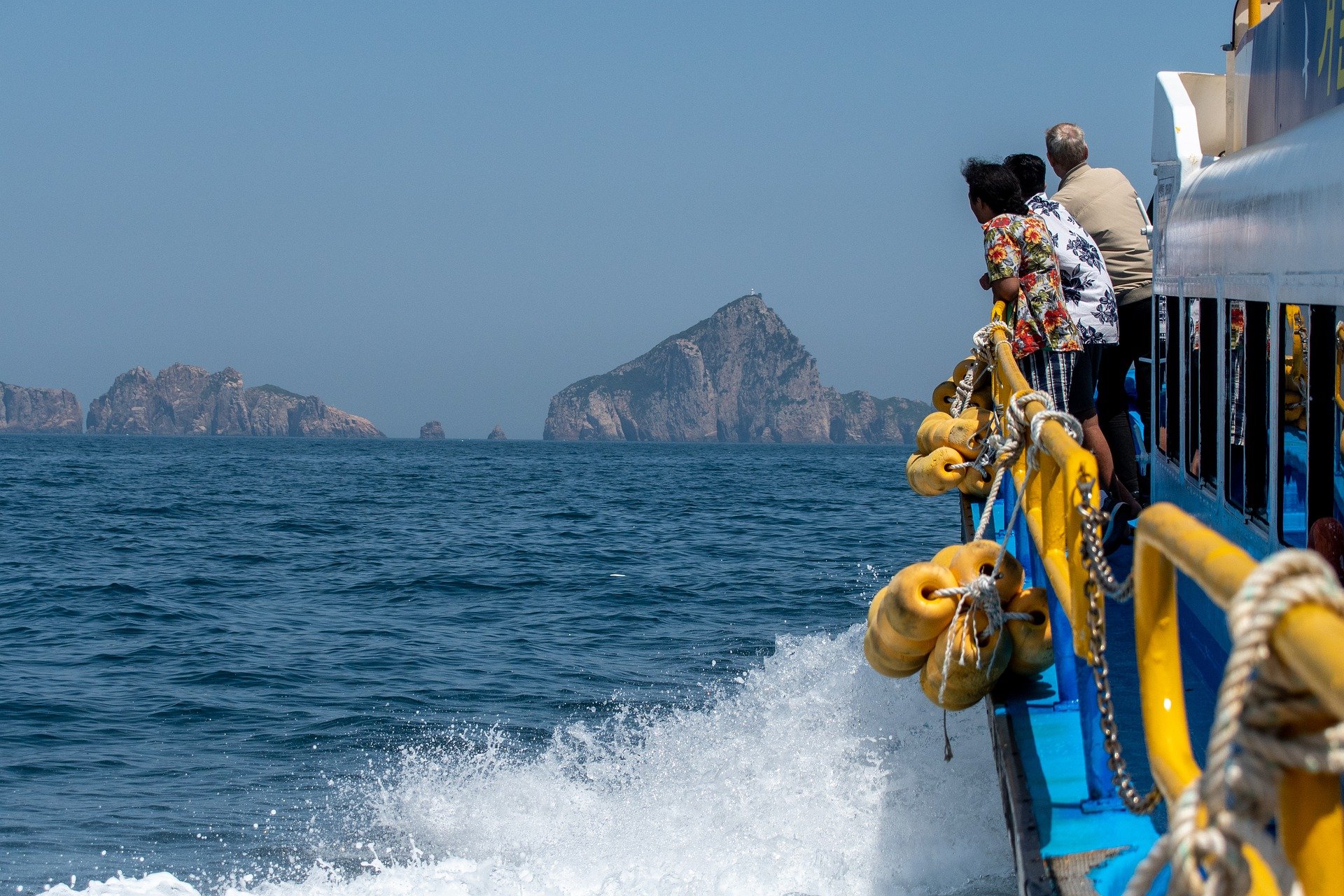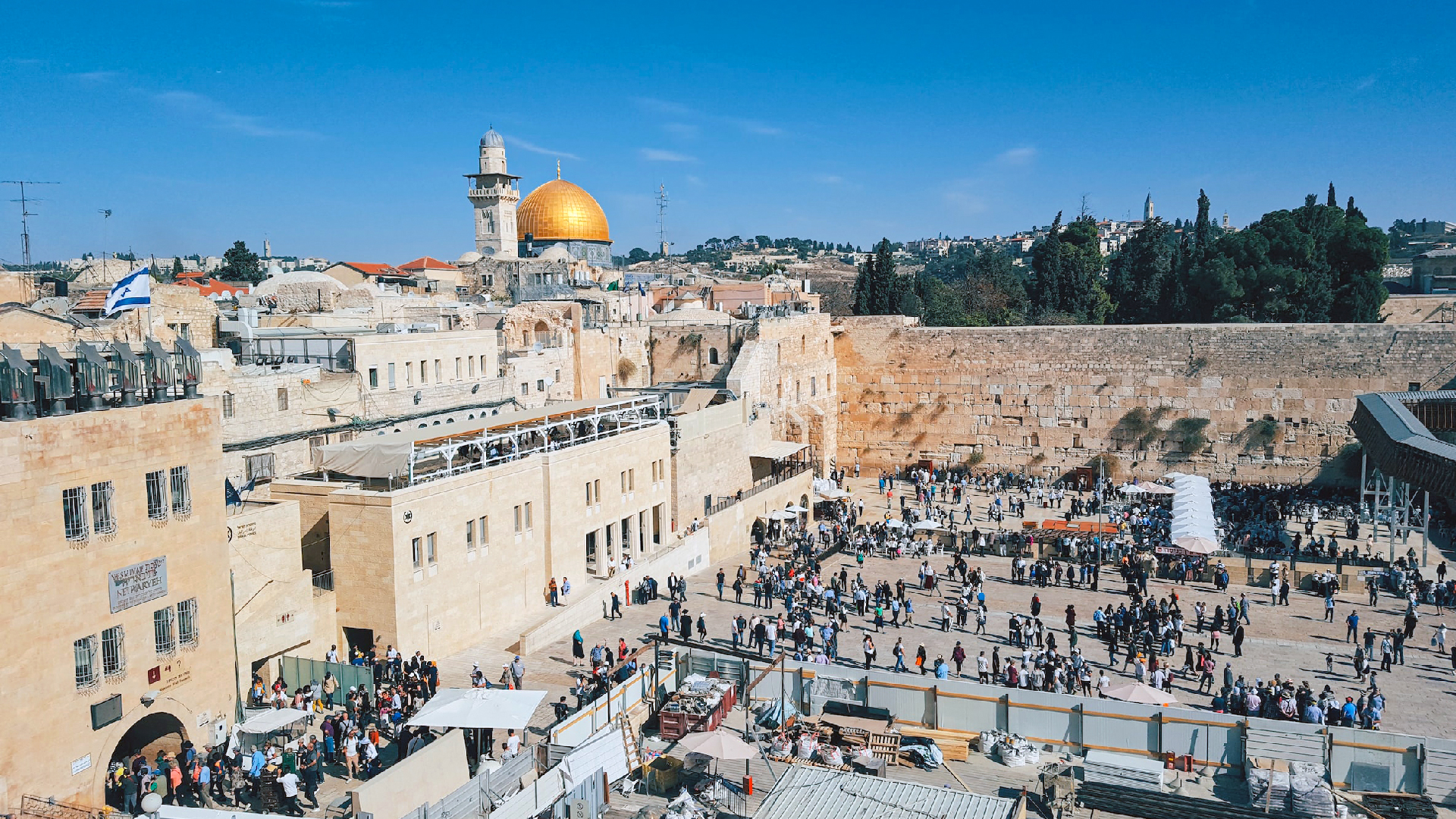Related Posts

Oct 18, 2024 7 mins read
Top Freshwater Fishing Destinations Around the World

Oct 17, 2024 8 mins read
Out and About: Your Guide to Safe and Inclusive LGBTQI+ Business and Leisure Travel

Oct 16, 2024 5 mins read
What To Do If You Get Sick or Injured on the Inca Trail to Machu Picchu

Oct 15, 2024 4 mins read
How Travel Alerts and Travel Advisories Shape Security Plans for International Travelers

Oct 11, 2024 7 mins read
Fishing’s Greatest Destinations: A Global Rescue Guide

Oct 10, 2024 6 mins read
Iceland Awaits: A Traveler’s Quick Guide

Oct 09, 2024 6 mins read
Fly Fishing in New Zealand: A Guide to Top Rivers, Lakes and Safety Tips

Oct 08, 2024 5 mins read
Acclimatization Matters: From Mount Everest to Manaslu and Beyond
General TotalCare Disclaimer:
- ©2024 Global Rescue LLC. TotalCare and the TotalCare logo are service marks of Global Rescue LLC. All Rights Reserved. Global Rescue LLC provides technical and administrative services to Elite Medical Group, P.C. (“Elite Medical”), a professional corporation owned by licensed physicians that employs or contracts with physicians licensed to practice medicine where medical services are provided. It is not guaranteed that a prescription will be written, nor will any DEA controlled substances, non-therapeutic drugs and certain other drugs which may be harmful because of their potential for abuse, as a result of a TotalCare consultation. Elite Medical physicians reserve the right to deny care for potential or actual misuse of services. The Global Rescue Mobile App is designed for operation on the current versions of Android and iOS operating systems. Availability of services is subject to your equipment compatibility, connectivity and signal in your location. There is no guarantee that all features and functionality will be available in your location. Use and availability of the Mobile App is subject to your service provider’s plan and may be subject to additional fees from your provider.
Extended Plan TotalCareSM:
- For individuals 85+, medical transport is not included in membership. Members 85+ may purchase medical transport on a fee for service basis.
Mobile Apps:
- Global Rescue Mobile Apps are designed for operation on the current versions of Android and iOS operating systems. Availability of services is subject to your equipment compatibility, connectivity and signal in your location. There is no guarantee that all features and functionality will be available in your location. Use and availability of the Mobile Apps are subject to your service provider’s plan and may be subject to additional fees from your provider. The download and use of a Global Rescue Mobile App is subject to the terms of your Member Services Agreement and the applicable End User License Agreement (EULA).
Mobile Apps:
- Global Rescue Mobile Apps are designed for operation on the current versions of Android and iOS operating systems. Availability of services is subject to your equipment compatibility, connectivity and signal in your location. There is no guarantee that all features and functionality will be available in your location. Use and availability of the Mobile Apps are subject to your service provider’s plan and may be subject to additional fees from your provider. The download and use of a Global Rescue Mobile App is subject to the terms of your Member Services Agreement and the applicable End User License Agreement (EULA).

